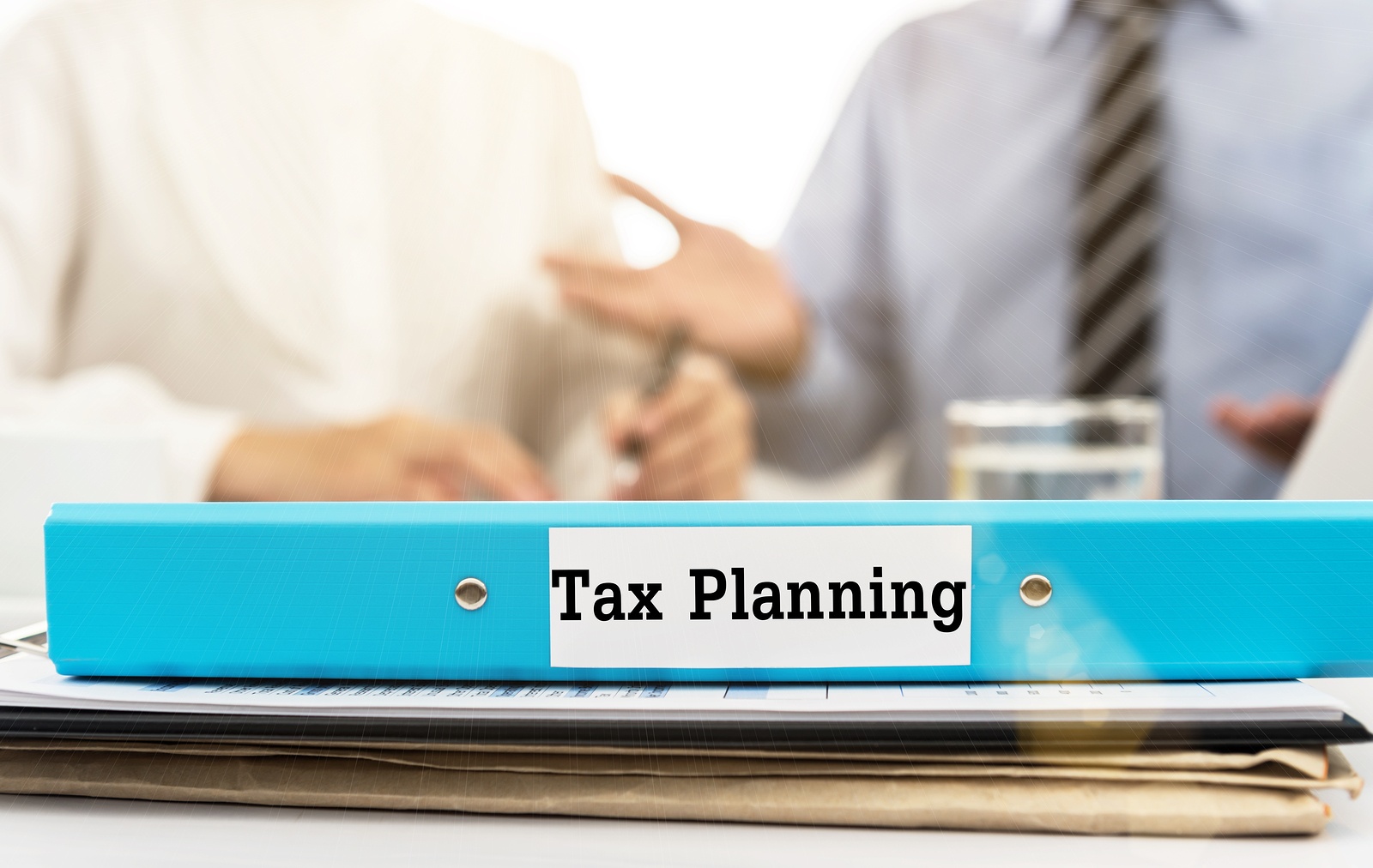The end of the year is always a busy time for business owners. I tell my clients that tax planning is one of the most important activities to schedule in the last quarter of the year. I know, there are so many competing interests, but there are important business duties that can ensure a successful year when the calendar flips over. Solid year-end tax planning helps you know where you stand in 2019 and how to prepare for 2020.


It's no secret that the last quarter of any year is a busy one for those who wants to get a jump on tax planning and preparation. With holidays and shopping competing for your attention it’s easy to lose your focus on long-range financial planning. I understand completely. However, it's smart to look at ways you might minimize your tax liability.

Lately I have been talking with my clients about the value of having multiple streams of income. It's a way to protect yourself from the financial damage of job loss. As a small business owner you can't be fired or retired from your source of income. Moreover, adding additional income to your budget is an effective way to boost your wealth building and security in uncertain times.

Some of my clients have been successful in real estate investing. As landlords and property owners they are using assets to build wealth. Do I think real estate investing is a sound way to make money? Yes, for those who understand the fundamental factors of economics and risk, real estate can be a solid investment.

As a CPA during tax season, I meet with lots of people. Many of them are regular clients who engage in year-round tax planning. For these people, tax season has few if any surprises. Others aren’t so well prepared. No one wants to pay more in taxes than they have to. Two of the best strategies for preventing that are tax planning and early filing.

Tax season is the time when CPAs and other tax professionals are fully engaged in preparing client returns. The professionals know that for small businesses taxes are always challenging and require constant attention. Consider how the changes to the tax law that apply to the 2108 returns increase the complexity of the process. Here is some advice from tax professionals for small-business owners to help them respond to the changes brought by tax reform and navigate the perennial tax burdens they always face.

The end of the year is always a busy time for business owners. While juggling holiday planning, you also have to take care of some important business duties so you will have a successful year when the calendar flips over. Solid year-end tax planning helps you know where you stand in 2018 and how to prepare for 2019.

The last quarter of any year is a busy one for anyone who wants to get a jump on tax planning and preparation. With holidays and shopping competing for your attention it’s easy to lose your focus on long-range financial planning. However, for those who can set aside time to review their finances, the advantages gained are many.

Taxes. If you are self-employed, the myriad tax rules that apply to your income may dampen your entrepreneurial spirit. Especially when you are preparing to file your return. But, taxes don’t have to be such a burden. Take advantage of the immediacy of your situation - what better time to do some planning than while everything is fresh in your mind. Here's some advice on how to get an early start on tax planning strategies for this year:

The end of the year is always a busy time for business owners. While juggling holiday planning, you also have to take care of some important business duties so you will have a successful year when the calendar flips over. As 2017 draws to a close, the possibility of major tax legislation makes tax planning more important than in previous years. This year, good tax planning has to acccount for what may happen in the near future.




